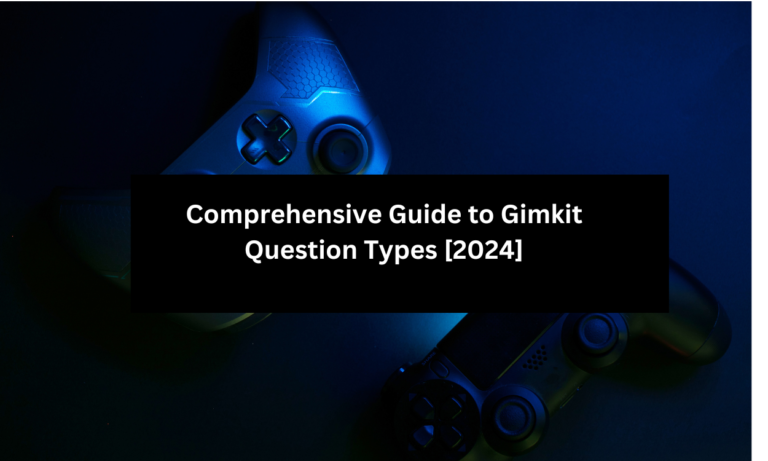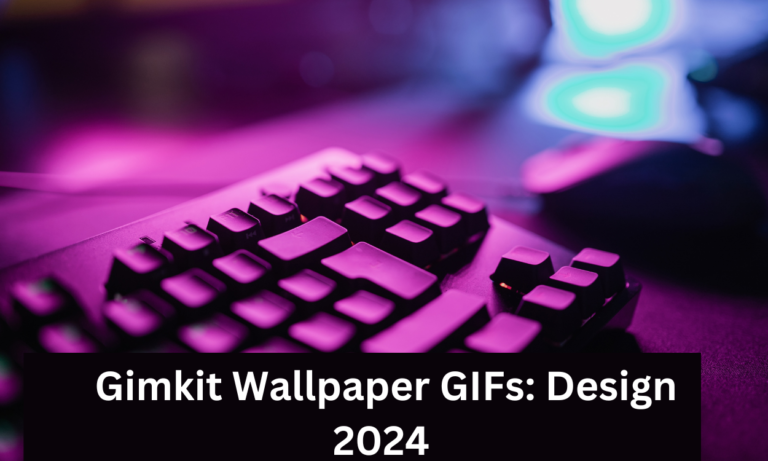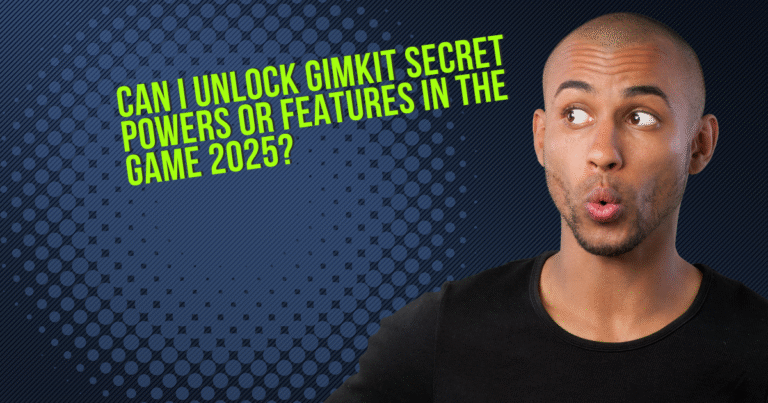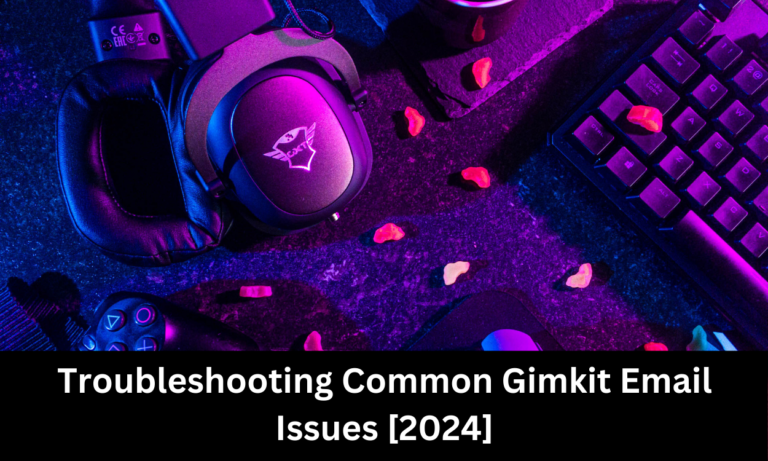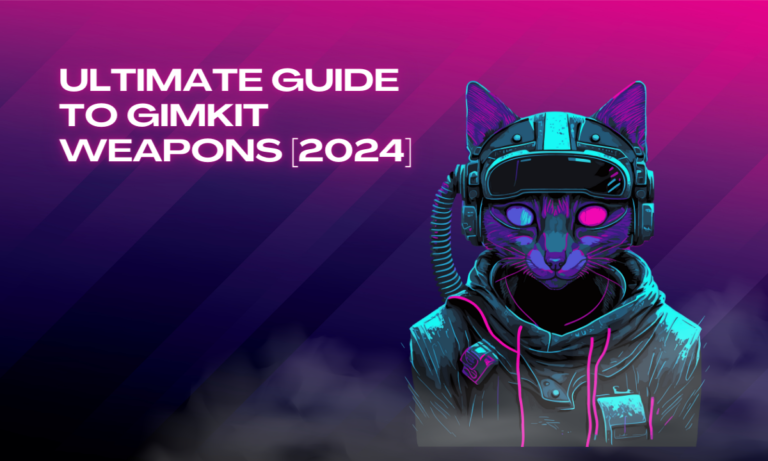Playing Don’t Look Down with the Creator of Gimkit 2024
Playing Don’t Look Down with the Creator of Gimkit 2024.Welcome, gaming enthusiasts and educational technology aficionados! If you’re reading this, you’re likely one of the millions who have made Gimkit a part of your learning journey. Today, we’re diving deep into a unique experience: playing “Don’t Look Down” with none other than the creator of Gimkit. This isn’t just a gaming session; it’s an opportunity to explore game design philosophy, understand the evolution of educational games, and gain insights that can enhance your approach to gamified learning. Let’s make this virtual meetup both thrilling and enlightening!
The Game: First Impressions
Before we delve into the gameplay and discussion, let’s take a moment to appreciate “Don’t Look Down.” As you load the game, you’re presented with a visually striking, minimalist world:
- Platform puzzles
- Gravity-defying mechanics
- Soothing color palette
- Ambient soundtrack
- Intuitive controls
- Progressively complex levels
- Hidden collectibles
- No time pressure
At first glance, “Don’t Look Down” seems a world apart from Gimkit’s fast-paced quizzes. But as any seasoned gamer knows, surface-level differences can mask deeper similarities. There’s often more to game design than meets the eye. Let’s start our journey through this unique gaming experience, providing insights into both “Don’t Look Down” and its connection to educational games like Gimkit.
Early Levels: Building Confidence
In “Don’t Look Down,” as in many well-designed games, the early levels serve as a gentle introduction:
Game Design Insight: The creator explains, “Early levels in ‘Don’t Look Down’ are all about building player confidence. Simple platforms, forgiving jumps—it’s not about challenge yet, but about making players feel in control.”
This philosophy directly mirrors Gimkit’s approach:
- Easy questions at the start
- Quick earnings to showcase progress
- Gradual introduction of power-ups
Learning Moment: Whether in puzzle-platformers or educational quizzes, early wins are crucial. They build self-efficacy—a player’s belief in their ability to succeed. This psychological boost motivates continued engagement, a key factor in any learning environment.
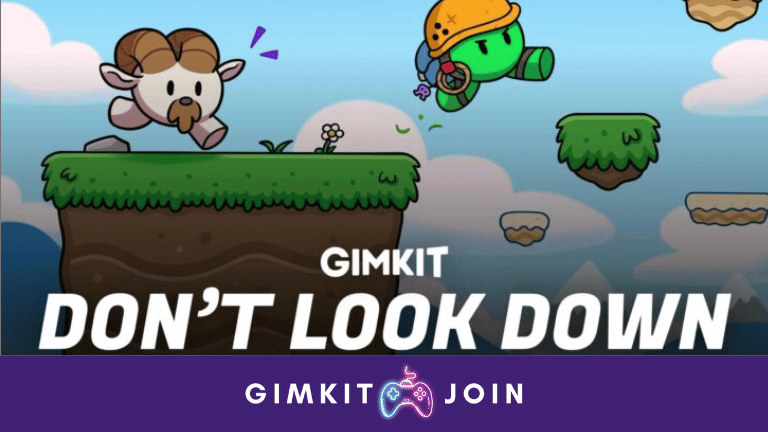
Mid-Game: Introducing Complexity
As you progress in “Don’t Look Down,” the puzzles become more intricate:
Game Design Insight: “Mid-game is where we layer mechanics,” says the creator. “In ‘Don’t Look Down,’ we introduce gravity shifts, moving platforms. It’s similar to how in Gimkit, we bring in multipliers, upgrades, and strategic choices.
This stage in both games:
- Tests foundational skills
- Introduces strategic thinking
- Encourages experimentation
Learning Moment: This scaffolded complexity mimics effective teaching. Just as a math teacher moves from basic arithmetic to algebra, these games graduate from simple tasks to multifaceted challenges. It’s about building on core skills to foster higher-order thinking.
Advanced Stages: Mastery and Meta-Learning
In “Don’t Look Down’s” later levels, the difficulty spikes:
Game Design Insight: The creator notes, “Our hardest levels in ‘Don’t Look Down’ demand mastery—chaining moves, perfect timing. But there’s no time pressure. It’s about thoughtful practice, much like Gimkit’s higher-stakes, analytical questions.
At this stage, both games encourage:
- Skill synthesis
- Error analysis
- Strategic resource management
Learning Moment: High-level play in both titles transcends mere content mastery. In “Don’t Look Down,” you’re not just making jumps; you’re deconstructing level design. In Gimkit, you’re not just answering questions; you’re optimizing your economic strategy. This is meta-learning—understanding how you learn—a skill that translates across academic domains.
Hidden Depths: More Than Mechanics
As the gaming session progresses, it becomes clear that both “Don’t Look Down” and Gimkit offer more than their surface mechanics suggest:
1. Emotional Design
- “Don’t Look Down”: Serene visuals and music to calm anxiety.
- Gimkit: Bright colors, playful avatars to make learning less daunting.
Insight: “Game aesthetics aren’t superficial,” the creator emphasizes. “They shape emotional states. Calm players take more risks; engaged students tackle harder questions.”
2. Progress Visualization
- “Don’t Look Down”: Expanding world map, unlocked characters.
- Gimkit: Rising coin count, upgrading shop items.
Insight: “Visible progress isn’t just rewarding; it’s instructive. It shows players the tangible results of their efforts, reinforcing the value of hard work.”
3. Failure as Iteration
- “Don’t Look Down”: Instant respawn, retained progress.
- Gimkit: No penalties for wrong answers, only lost opportunity.
Insight: “We’ve destigmatized failure. In both games, a mistake isn’t a setback; it’s data for your next attempt. This mirrors how science views failed experiments—as valuable insights.”
4. Community and Co-Creation
- “Don’t Look Down”: Player-created levels.
- Gimkit: Teacher and student-made quizzes.
Insight: “Empowering users as creators does wonders. It diversifies content, yes, but more importantly, it shifts mindsets. Players become active contributors, not passive consumers.”
Cognitive Benefits: Beyond the Screen
The conversation then turns to the broader cognitive impacts of these games:
- Spatial Reasoning: “Don’t Look Down’s” platforming enhances mental rotation skills, crucial in fields like engineering.
- Working Memory: Gimkit’s fast-paced questions boost information retention, aiding all academic areas.
- Cognitive Flexibility: “Don’t Look Down’s” gravity shifts, like Gimkit’s varied question types, train mental adaptability.
- Delayed Gratification: Both games reward long-term planning, a key predictor of academic success.
Neuroscience Insight: “fMRI studies show games like ours activating prefrontal cortex regions,” the creator shares. “That’s where higher-order thinking happens. We’re not just entertaining; we’re literally building better brains.”
The Future of Educational Gaming
As the “Don’t Look Down” session winds down, discussion turns to the future:
- Cross-Game Skills: Systems to track skills like problem-solving across different game titles.
- Adaptive Difficulty: AI that adjusts game complexity based on individual learning patterns.
- Interdisciplinary Titles: Science concepts in platformers, history in strategy games.
- VR Integration: Imagine studying biology by navigating a cell in VR.
- Games as Assessment: Using gameplay data to gain nuanced insights into student abilities.
Visionary Statement: “Tomorrow’s educational games won’t just teach; they’ll seamlessly blend learning, assessment, and personal growth. Titles like ‘Don’t Look Down’ and Gimkit are just the beginning.”
Conclusion: Today’s Play, Tomorrow’s Learning
This unique session—playing “Don’t Look Down” with Gimkit’s creator—was far more than a gaming event. It was a masterclass in game design, a journey through educational psychology, and a glimpse into the future of learning.
As we navigated through serene, gravity-defying landscapes, we uncovered deep parallels with Gimkit’s quiz-based universe. Both games, though dramatically different in genre, share a soul. They’re built on cognitive science, employing everything from early-win dopamine boosts to failure-as-learning paradigms. They don’t just present content; they’re carefully crafted to shape mindsets, boost confidence, and cultivate higher-order thinking.
Our discussion revealed that modern educational games are no longer the crude, thinly-veiled worksheets of yesteryear. They’re sophisticated cognitive tools, informed by neuroscience and learning theory. When you’re rotating platforms in “Don’t Look Down” or strategizing purchases in Gimkit, you’re not just playing; you’re rewiring your brain for better spatial reasoning, sharper working memory, greater cognitive flexibility.
Most profoundly, this experience highlighted the convergence of entertainment and education. Tomorrow’s learning won’t be divided into “serious study” and “fun games.” Visionaries like Gimkit’s creator are blurring these lines, crafting experiences that are simultaneously joyful and intellectually rigorous. Soon, a student might analyze Shakespeare through an RPG or grasp calculus via a puzzle-platformer.
So, whether you’re a “Don’t Look Down” speedrunner or a Gimkit quiz champion, remember: every gaming session is an intellectual workout. You’re not just collecting coins or making pixel-perfect jumps; you’re building cognitive strengths that extend far beyond the screen. Skills like problem-solving, adaptability, and meta-learning—capabilities that will serve you in school, work, and life’s ever-evolving challenges.
In the end, this collaborative gameplay wasn’t just enjoyable; it was a testament to how far educational gaming has come—and a thrilling hint at where it’s going. The future of learning isn’t in textbooks; it’s in thoughtfully designed digital worlds where education and entertainment are one.

FAQs
What is “Don’t Look Down”?
“Don’t Look Down” is a game designed to challenge players to complete tasks or navigate environments without looking down, often requiring high levels of focus and coordination.
Who is the creator of Gimkit?
The creator of Gimkit is Josh Feinsilber, who developed this interactive quiz game as a high school project.
How did the collaboration with the creator of Gimkit come about?
This collaboration emerged from mutual interest in educational and interactive games, leveraging Josh’s expertise in game design to enhance the “Don’t Look Down” experience.
What makes “Don’t Look Down” unique when played with the creator of Gimkit?
Playing with the creator offers insights into game mechanics, design philosophy, and unique strategies that can elevate the gaming experience.
How can I participate in playing “Don’t Look Down” with the creator of Gimkit?
Stay tuned to announcements on social media or official channels for opportunities to join sessions or events featuring the creator.
What skills can be developed by playing “Don’t Look Down”?
Players can enhance their focus, hand-eye coordination, strategic thinking, and spatial awareness.
Is “Don’t Look Down” suitable for all ages?
While it can be challenging, “Don’t Look Down” is generally suitable for a wide range of ages, with difficulty levels that can be adjusted based on the player’s experience.
Can I play “Don’t Look Down” with friends?
Yes, the game can be played solo or with friends, offering both single-player and multiplayer experiences.


